As a horse owner, you may have wondered if it's safe to feed your equine companion the occasional tomato. After all, tomatoes are a nutritious and widely available vegetable that many humans enjoy. However, the relationship between horses and tomatoes is a bit more complex than it might seem at first glance.
In this comprehensive guide, we'll delve into the potential benefits and risks of feeding tomatoes to horses, provide expert advice, and offer practical tips to ensure your horse's safety and well-being.
The Nutritional Profile of Tomatoes
Tomatoes are a rich source of essential vitamins, minerals, and antioxidants that can offer various health benefits for horses. They are particularly high in vitamin C, vitamin K, and the antioxidant lycopene, which has been linked to improved cardiovascular health and reduced inflammation.
Additionally, tomatoes contain moderate amounts of other essential nutrients, such as:
- Vitamin A
- Vitamin B6
- Potassium
- Manganese
- Folate
These nutrients can contribute to a horse's overall well-being, supporting healthy skin, a strong immune system, and proper muscle and bone development.
The Risks of Feeding Tomatoes to Horses
However, it's important to note that tomatoes also contain compounds that can be potentially harmful to horses. The solanine and tomatine present in tomato plants, including the leaves, stems, and even the fruit itself, can be toxic to horses if consumed in large quantities.
Solanine and tomatine are glycoalkaloids, which are natural toxins produced by the tomato plant as a defense mechanism against pests and herbivores. These compounds can cause gastrointestinal issues, such as:
- Diarrhea
- Vomiting
- Abdominal pain
In severe cases, high levels of solanine and tomatine can lead to more serious consequences, including:
- Lethargy
- Tremors
- Seizures
- Paralysis
It's important to note that the concentration of these toxins can vary depending on the tomato variety, ripeness, and growing conditions. Generally, the green parts of the tomato plant, such as the leaves and stems, have higher concentrations of these compounds compared to the ripe, red fruit.
Moderation is Key
So, can horses eat tomatoes? The answer is yes, but with caution and moderation. Ripe, red tomatoes in small quantities are generally safe for horses to consume as an occasional treat. However, it's crucial to avoid feeding your horse the green parts of the plant, as they pose a much higher risk of toxicity.
When introducing tomatoes to your horse's diet, start with small portions and observe your horse's reaction. Monitor for any signs of digestive distress or other adverse effects. If your horse tolerates the tomatoes well, you can gradually increase the amount, but it's generally recommended to limit the total intake to no more than 10% of your horse's daily diet.
It's also important to note that some horses may be more sensitive to the compounds in tomatoes than others, so it's always best to consult with your veterinarian before incorporating them into your horse's feeding regimen.
Potential Benefits of Feeding Tomatoes to Horses
While the risks of feeding tomatoes to horses should not be overlooked, there are some potential benefits to consider:
1. Improved Cardiovascular Health The high concentration of the antioxidant lycopene in tomatoes has been linked to reduced inflammation and improved cardiovascular function in horses. This can help support overall heart health and potentially reduce the risk of conditions like laminitis.
2. Enhanced Skin and Coat Health The vitamins and minerals found in tomatoes, such as vitamins A and C, can contribute to a healthy, shiny coat and vibrant skin in horses. These nutrients may also help support the immune system and promote wound healing.
3. Digestive Support The fiber content in tomatoes can help maintain a healthy digestive system in horses, promoting regular bowel movements and potentially reducing the risk of gastrointestinal issues.
4. Hydration and Electrolyte Balance Tomatoes are composed of approximately 95% water, making them a hydrating and refreshing treat for horses, especially during hot weather or after strenuous exercise. They also contain small amounts of electrolytes like potassium, which can help replenish what's lost through sweat.
Incorporating Tomatoes into Your Horse's Diet
If you decide to feed your horse tomatoes, it's crucial to do so in moderation and with proper preparation. Here are some tips to ensure your horse's safety:
- Choose Ripe, Red Tomatoes: Avoid feeding your horse the green parts of the plant, as they contain higher concentrations of the toxic compounds.
- Wash Thoroughly: Rinse the tomatoes thoroughly to remove any pesticides, dirt, or other contaminants that may be present.
- Cut into Small Pieces: Slice or dice the tomatoes into bite-sized pieces to prevent any choking hazards.
- Start with Small Amounts: Introduce tomatoes gradually, starting with just a few slices per serving, and monitor your horse's reaction.
- Avoid Feeding Tomato Leaves and Stems: These parts of the plant are much more toxic and should never be fed to your horse.
- Consult Your Veterinarian: If you have any concerns or questions about feeding tomatoes to your horse, it's always best to consult with your veterinarian for personalized advice.
Remember, while tomatoes can be a tasty and nutritious occasional treat for your horse, they should not make up a significant portion of your horse's overall diet. Maintain a balanced and carefully planned feeding regimen to ensure your horse's optimal health and well-being.
Frequently Asked Questions
1. Can horses eat tomatoes safely? Yes, horses can safely consume ripe, red tomatoes in moderation. However, it's important to avoid feeding your horse the green parts of the plant, as they contain higher concentrations of the toxic compounds solanine and tomatine.
2. What are the potential risks of feeding tomatoes to horses? Consuming large quantities of tomatoes, particularly the leaves, stems, and unripe fruit, can lead to gastrointestinal issues, such as diarrhea, vomiting, and abdominal pain. In severe cases, it can cause more serious symptoms like lethargy, tremors, seizures, and paralysis.
3. How much tomato can a horse safely eat? It's generally recommended to limit the total intake of tomatoes to no more than 10% of your horse's daily diet. Start by introducing small amounts, such as a few slices or cubes of ripe, red tomatoes, and monitor your horse's reaction before gradually increasing the portion size.
4. Are there any benefits to feeding tomatoes to horses? Yes, tomatoes can provide some potential benefits, such as improved cardiovascular health, enhanced skin and coat condition, digestive support, and hydration. The antioxidants, vitamins, and minerals in tomatoes can contribute to your horse's overall well-being.
5. How should I prepare tomatoes for my horse? When feeding tomatoes to your horse, make sure to thoroughly wash the ripe, red fruit and cut it into small, bite-sized pieces to prevent any choking hazards. Avoid feeding your horse the green parts of the plant, as they are much more toxic.








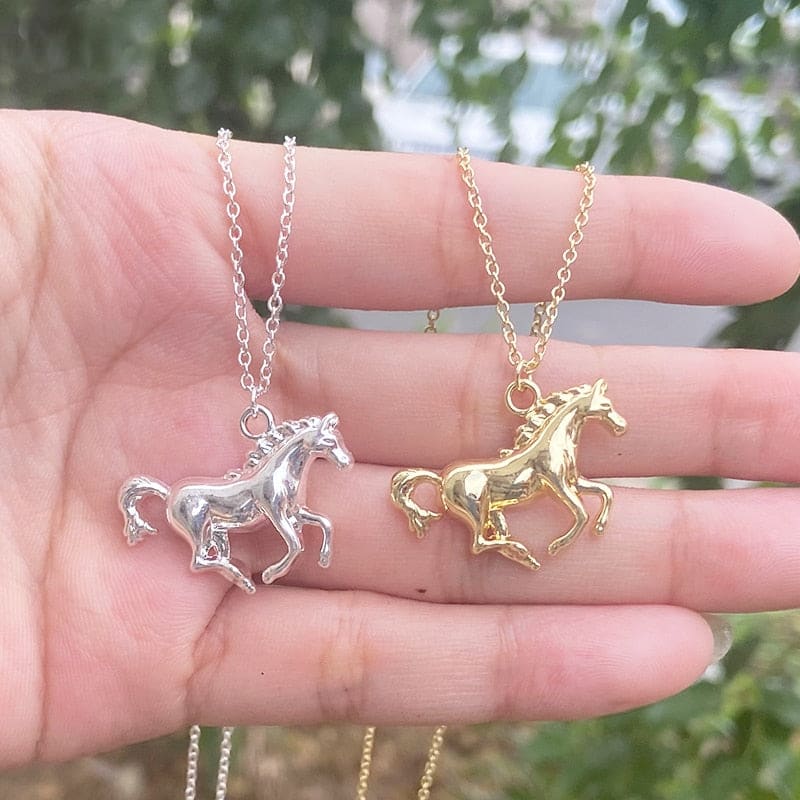
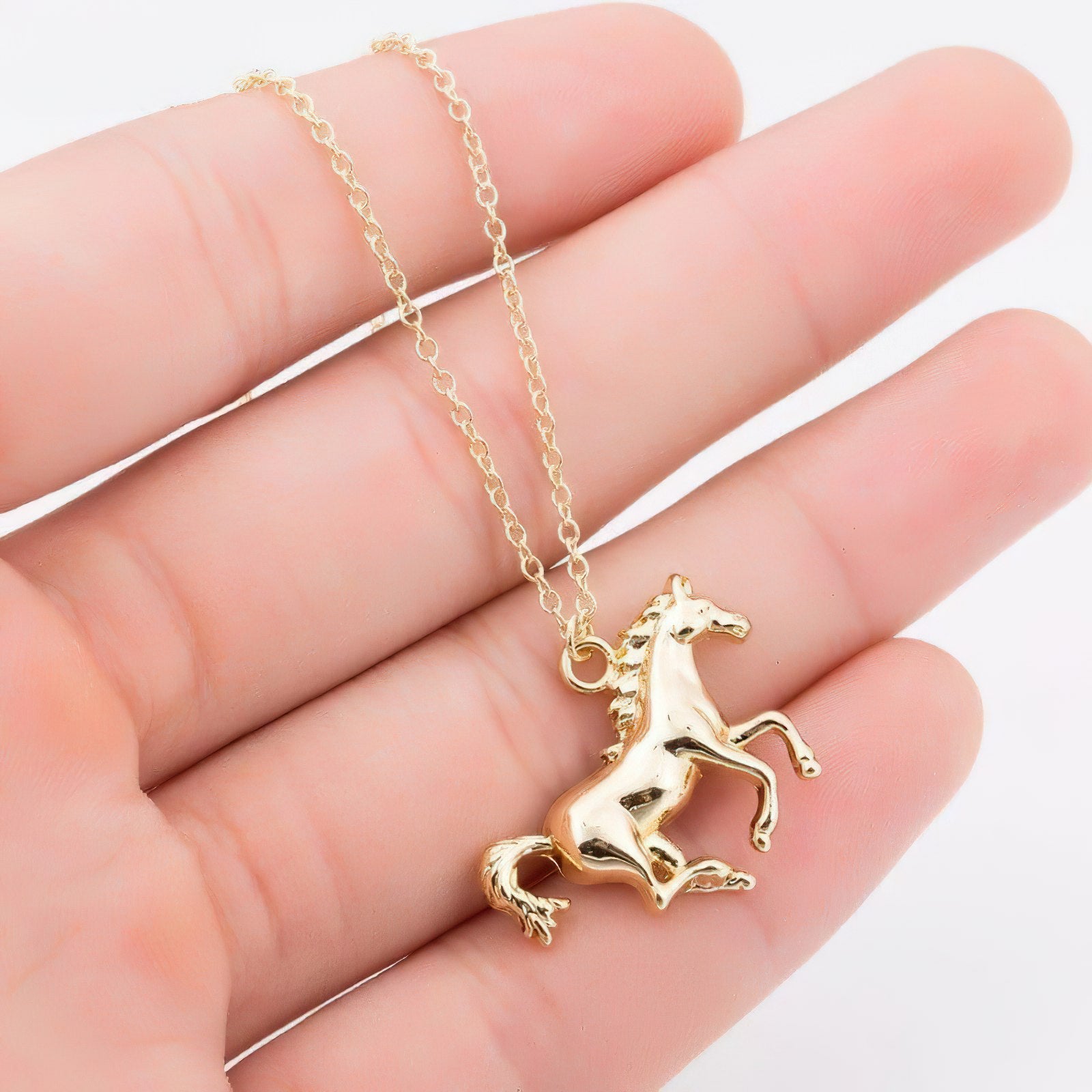
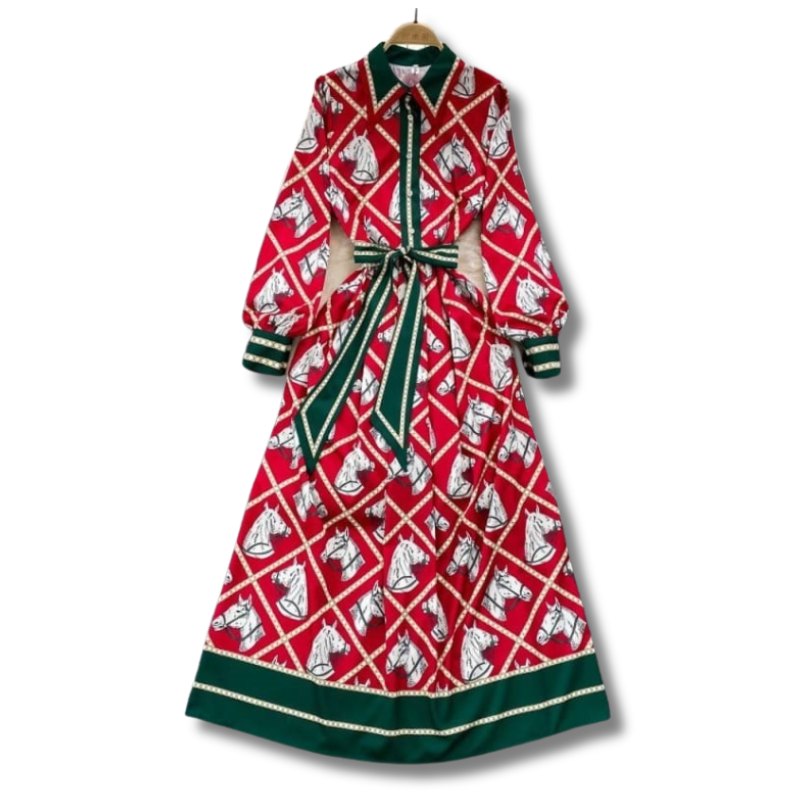









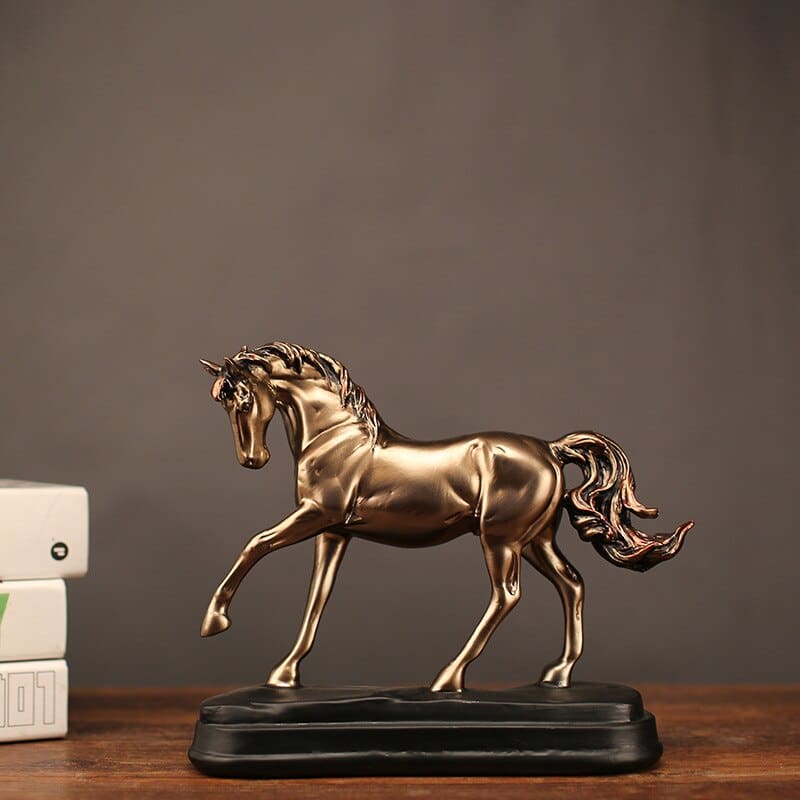
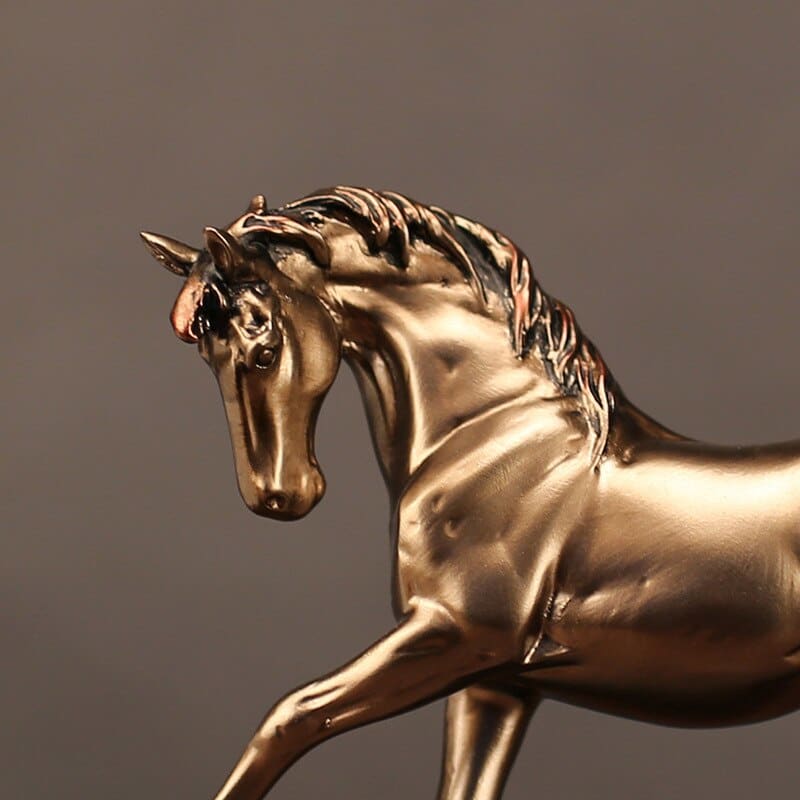
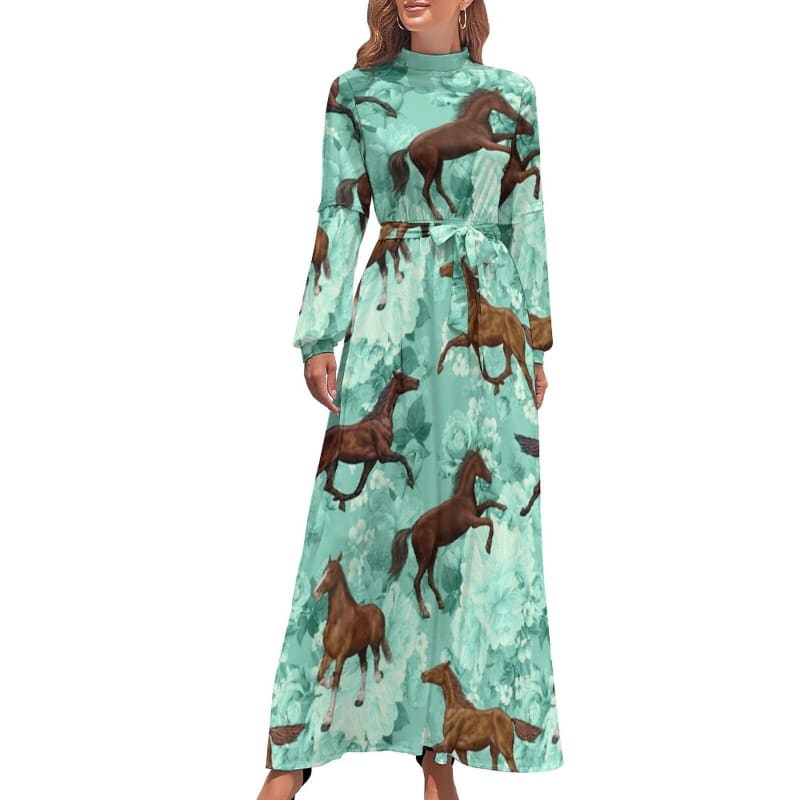

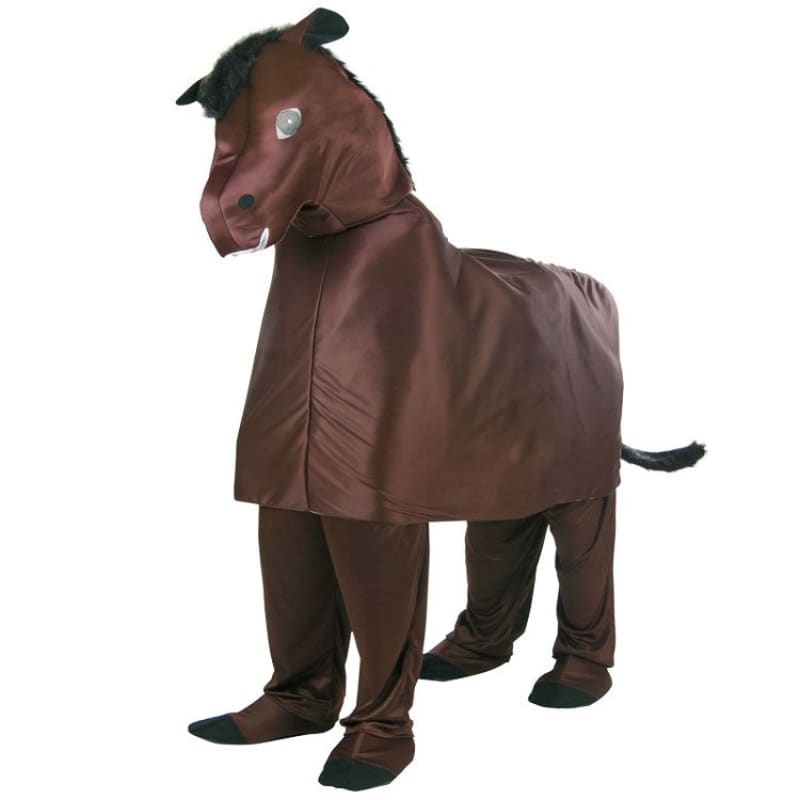
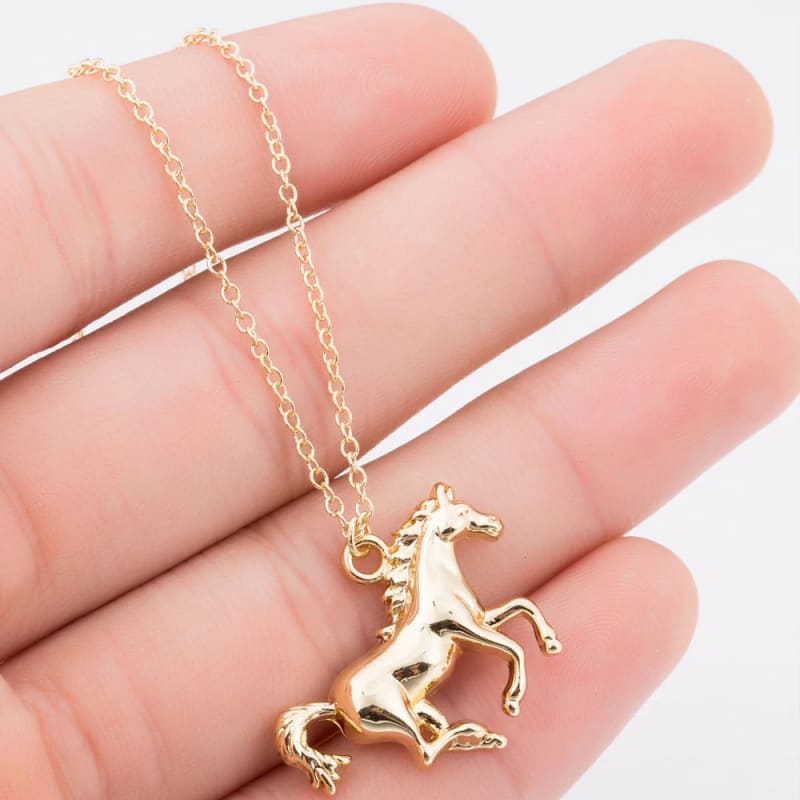
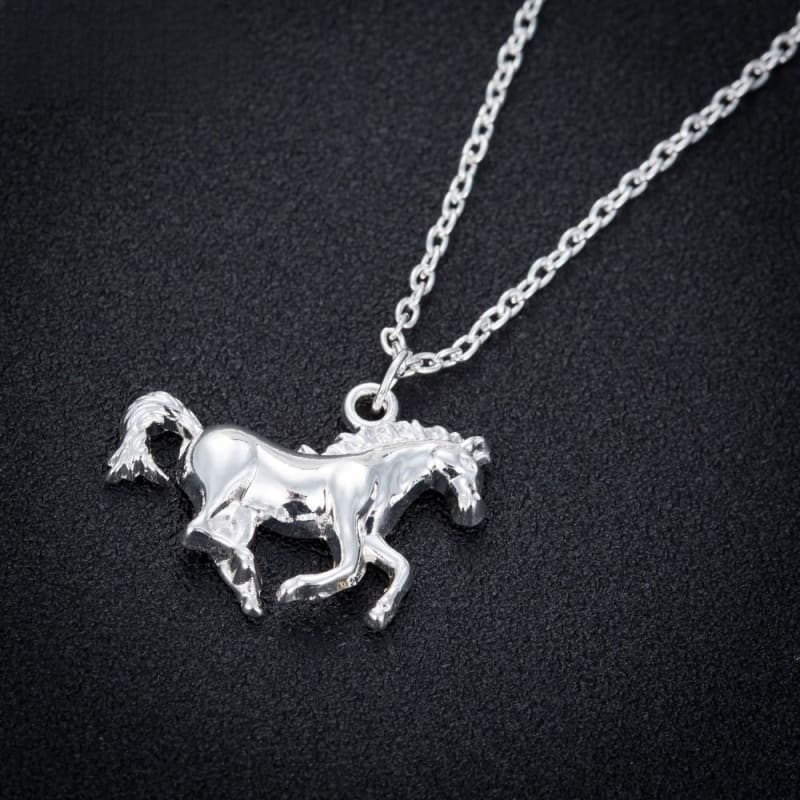


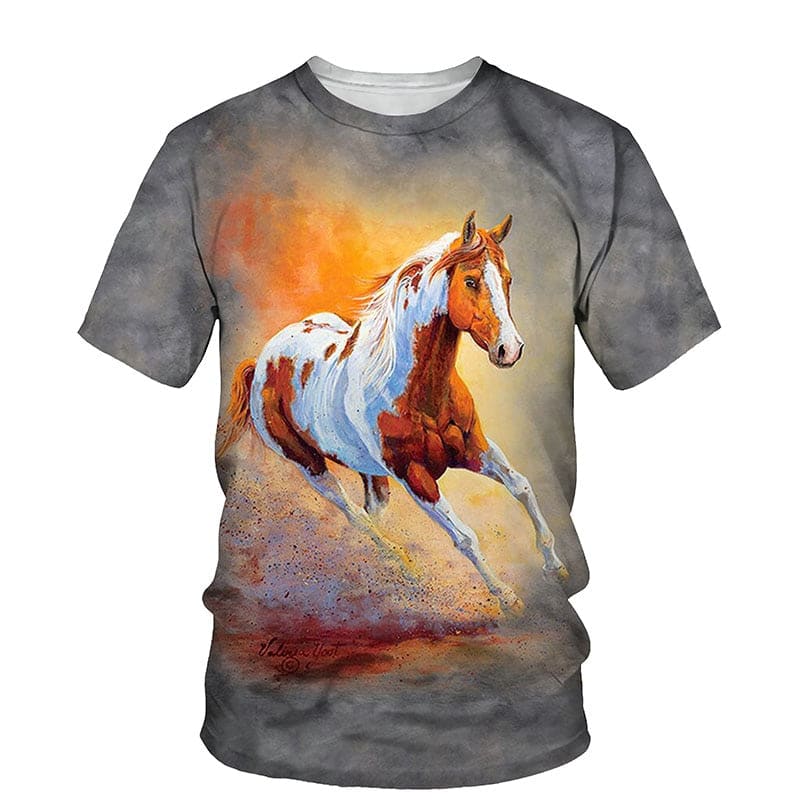

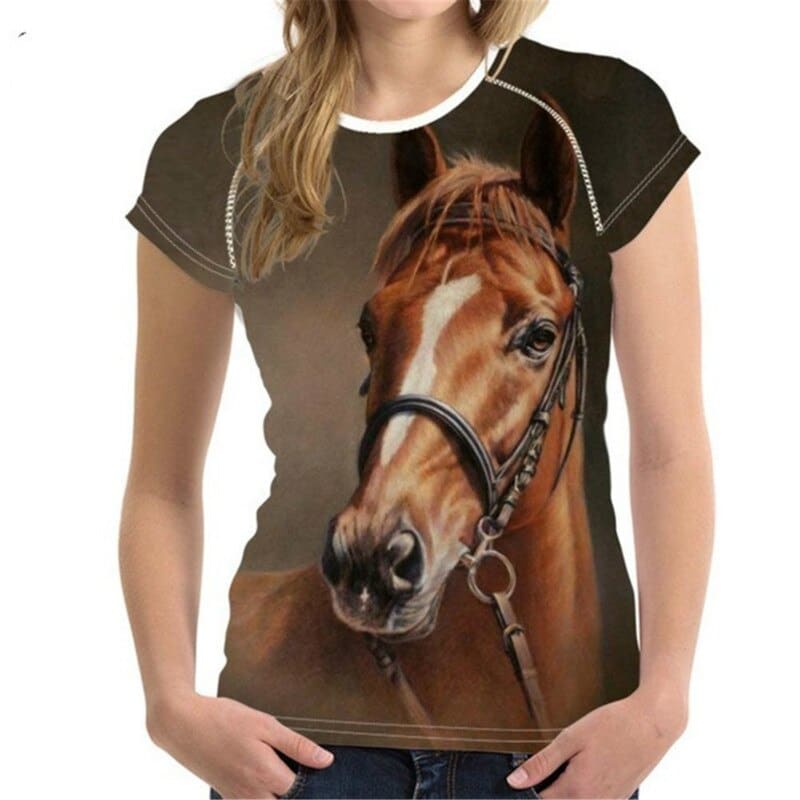


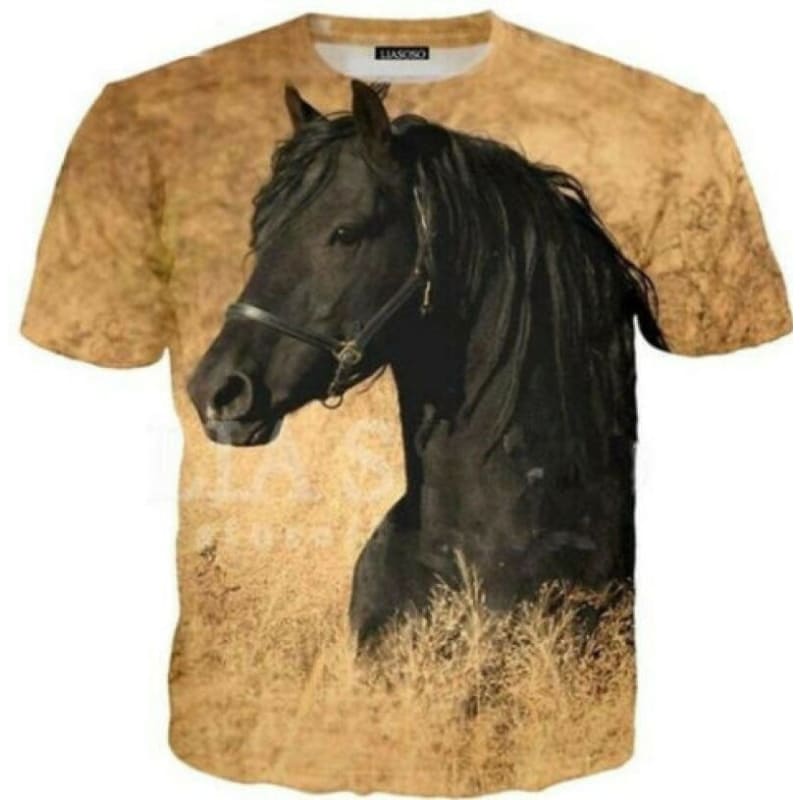






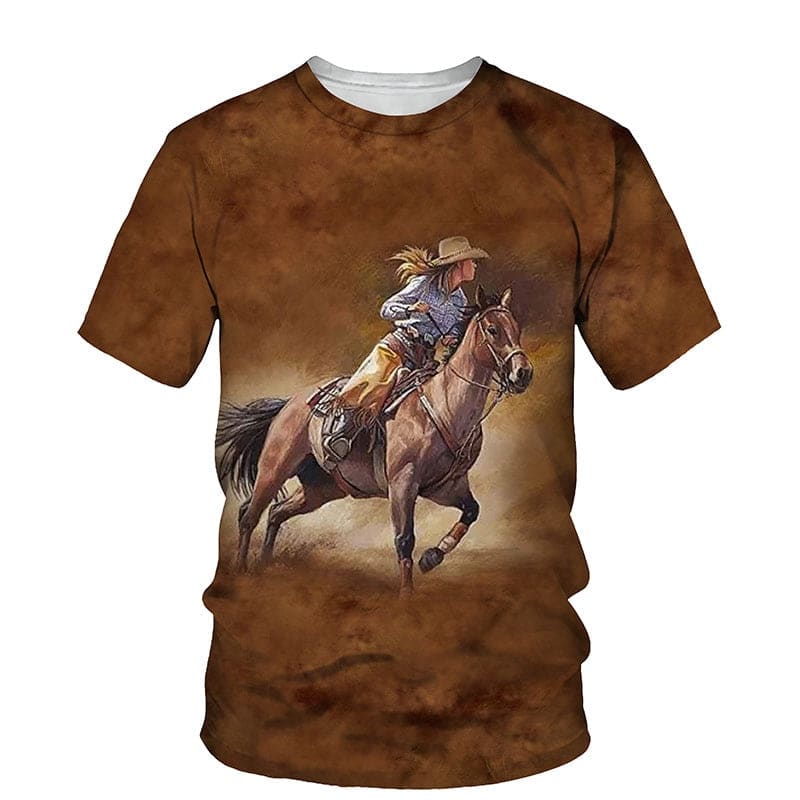





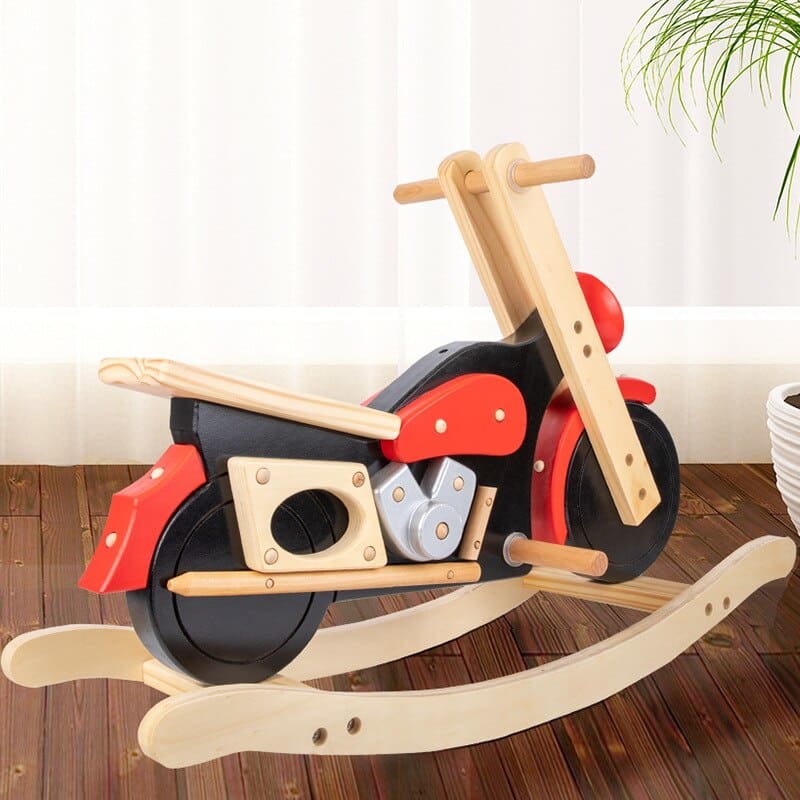


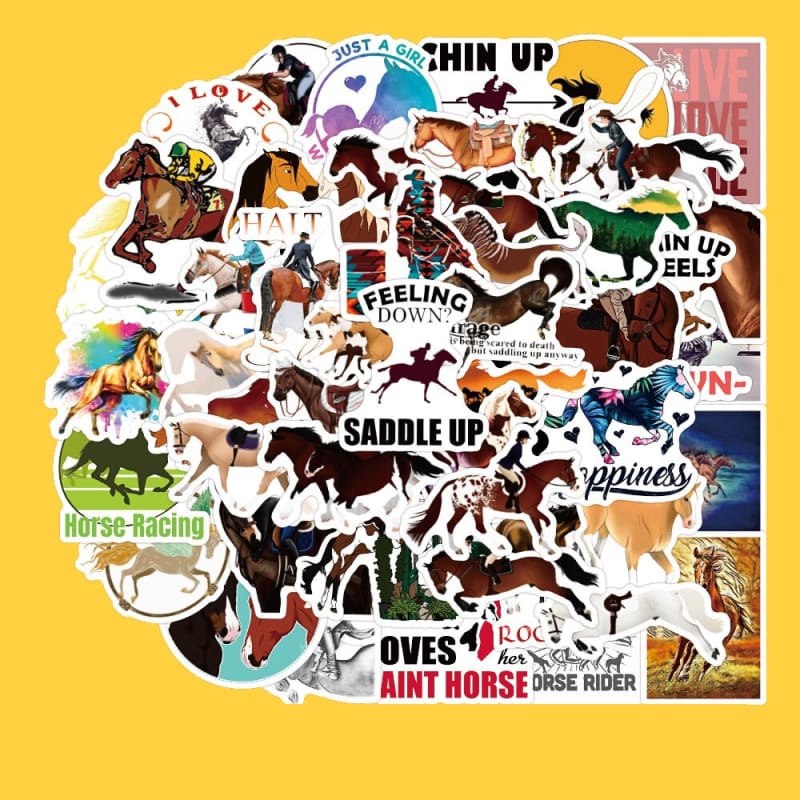






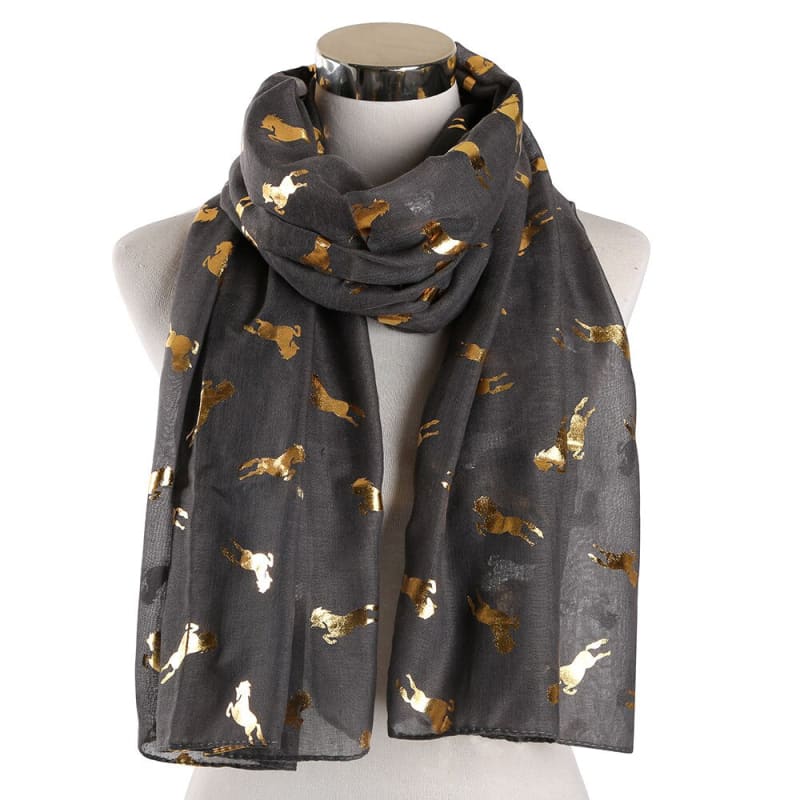
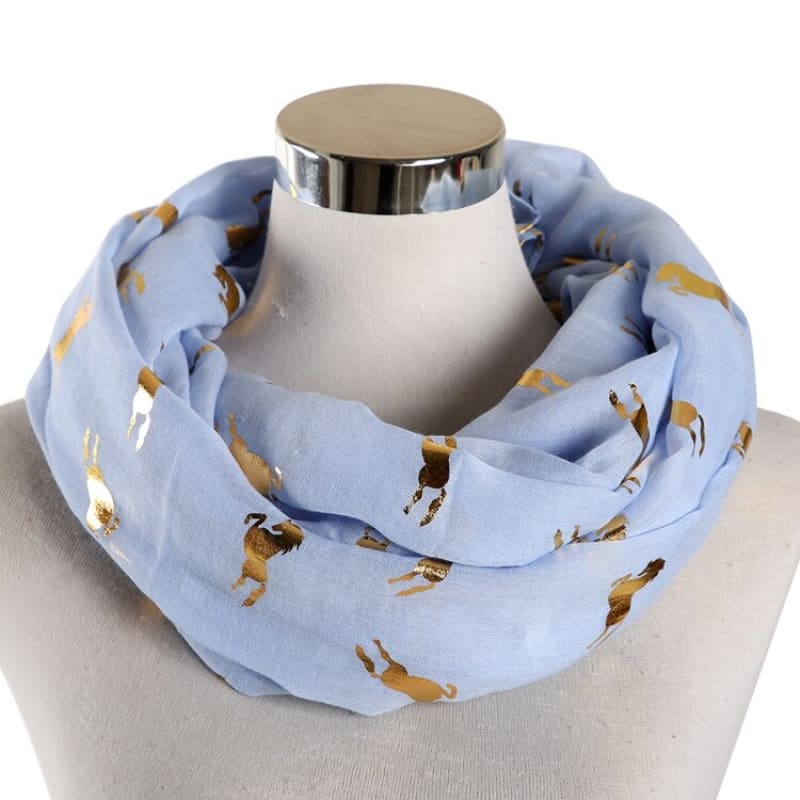





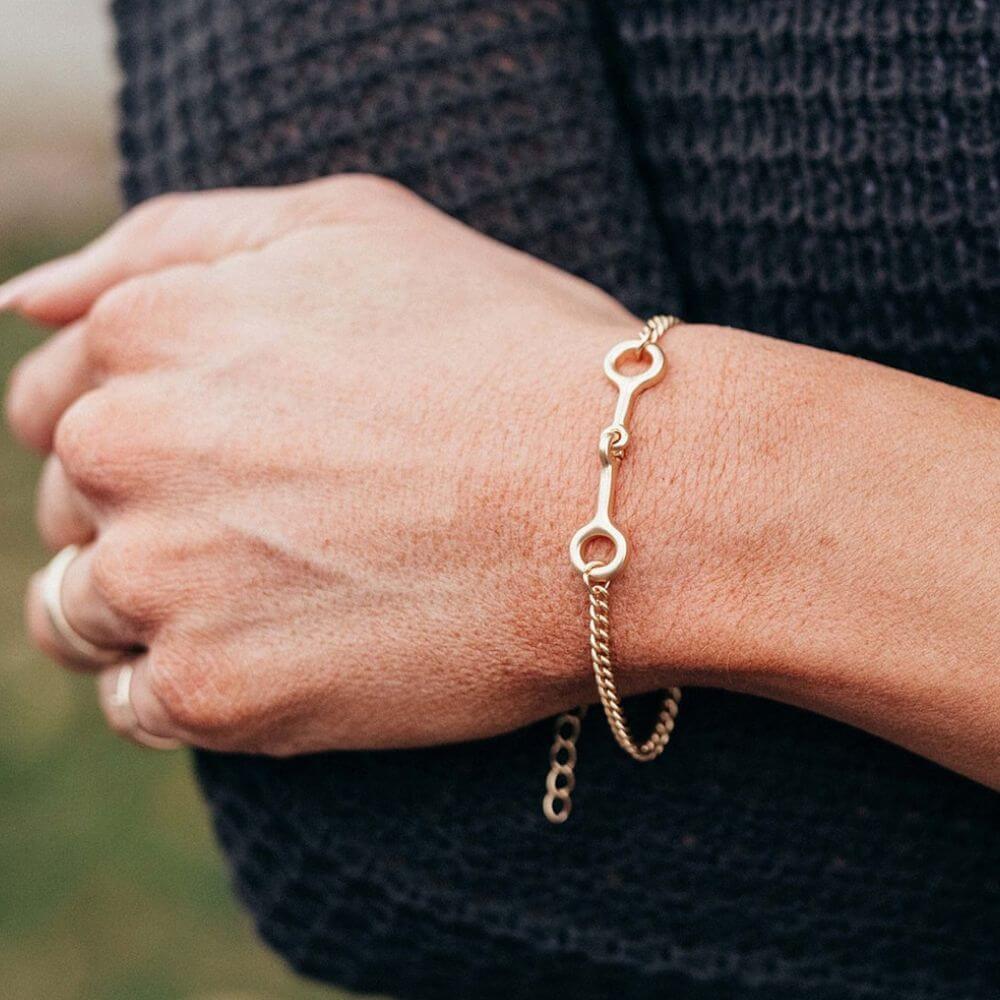


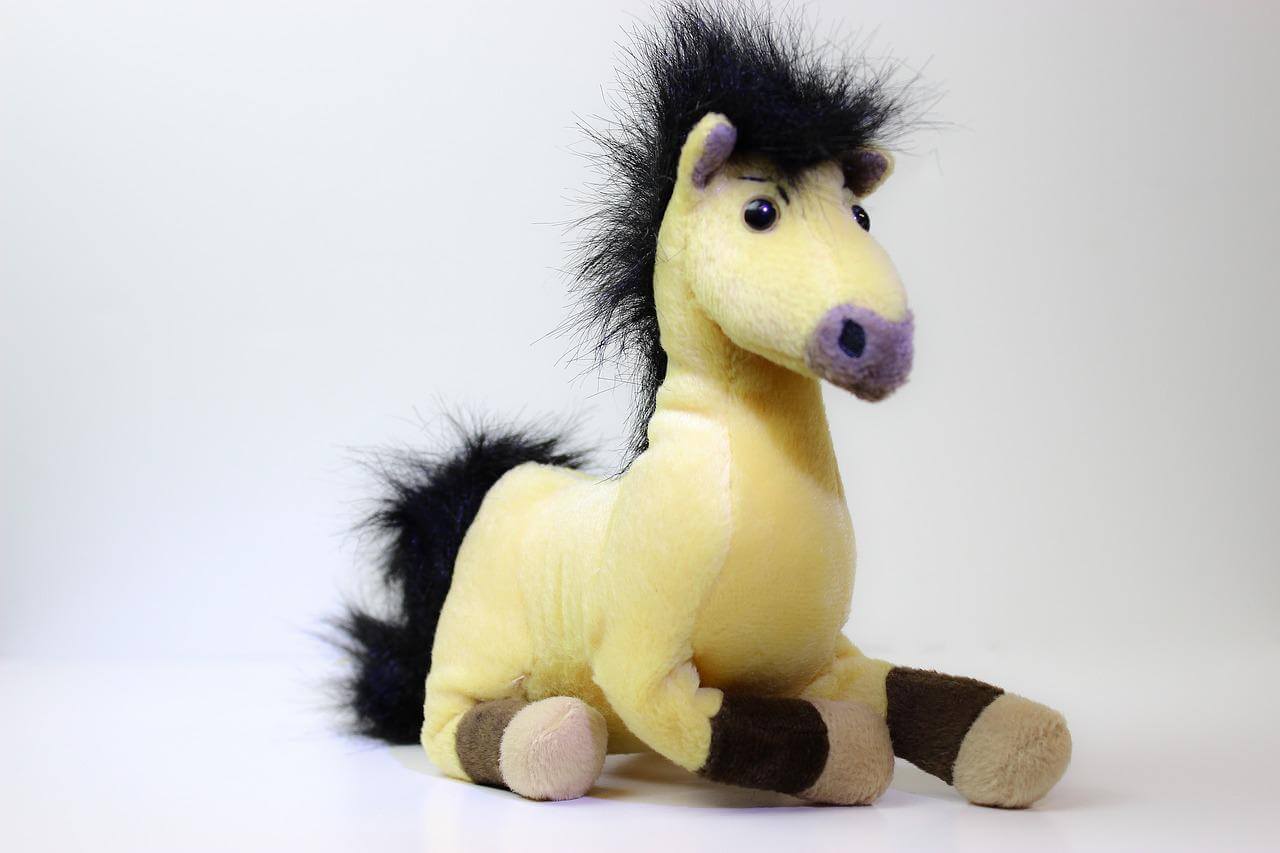
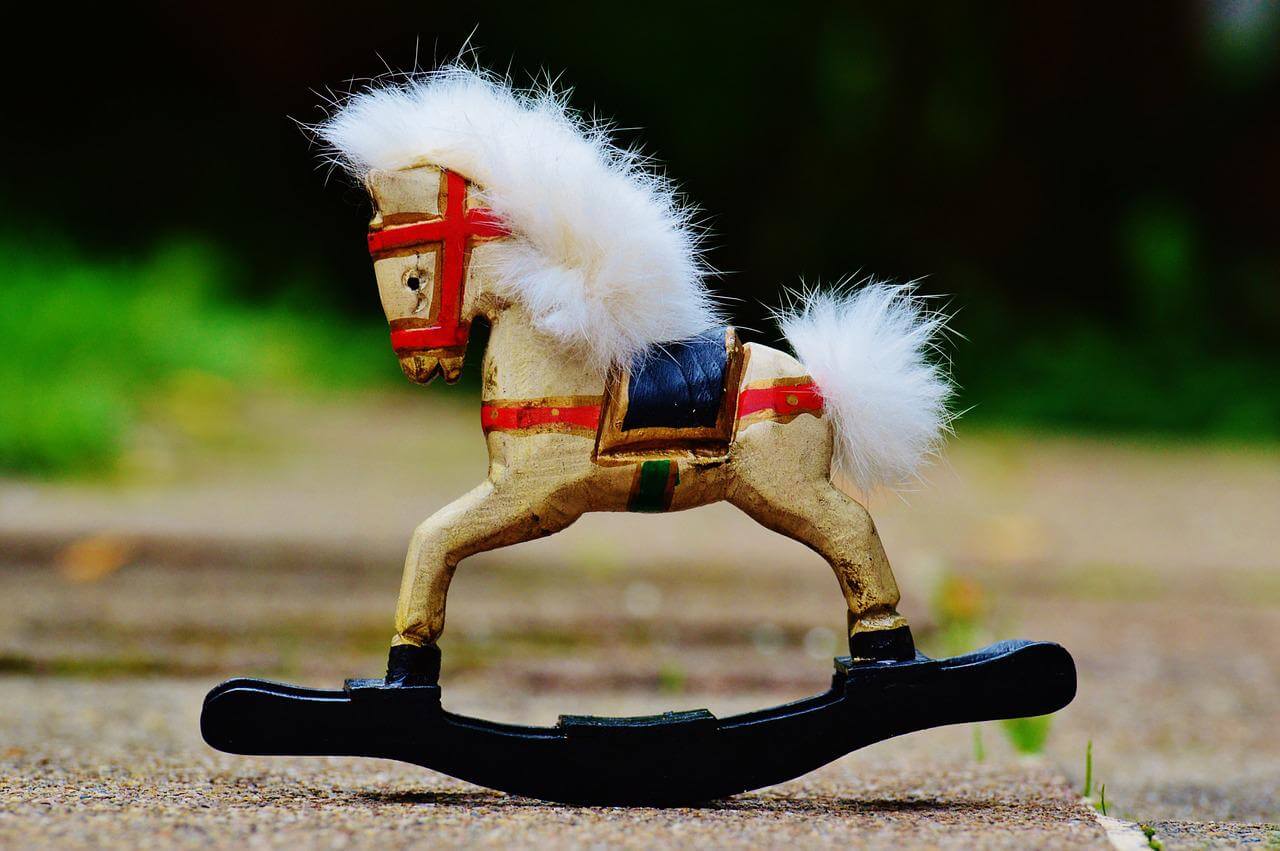
Leave a comment
All comments are moderated before being published.
This site is protected by reCAPTCHA and the Google Privacy Policy and Terms of Service apply.